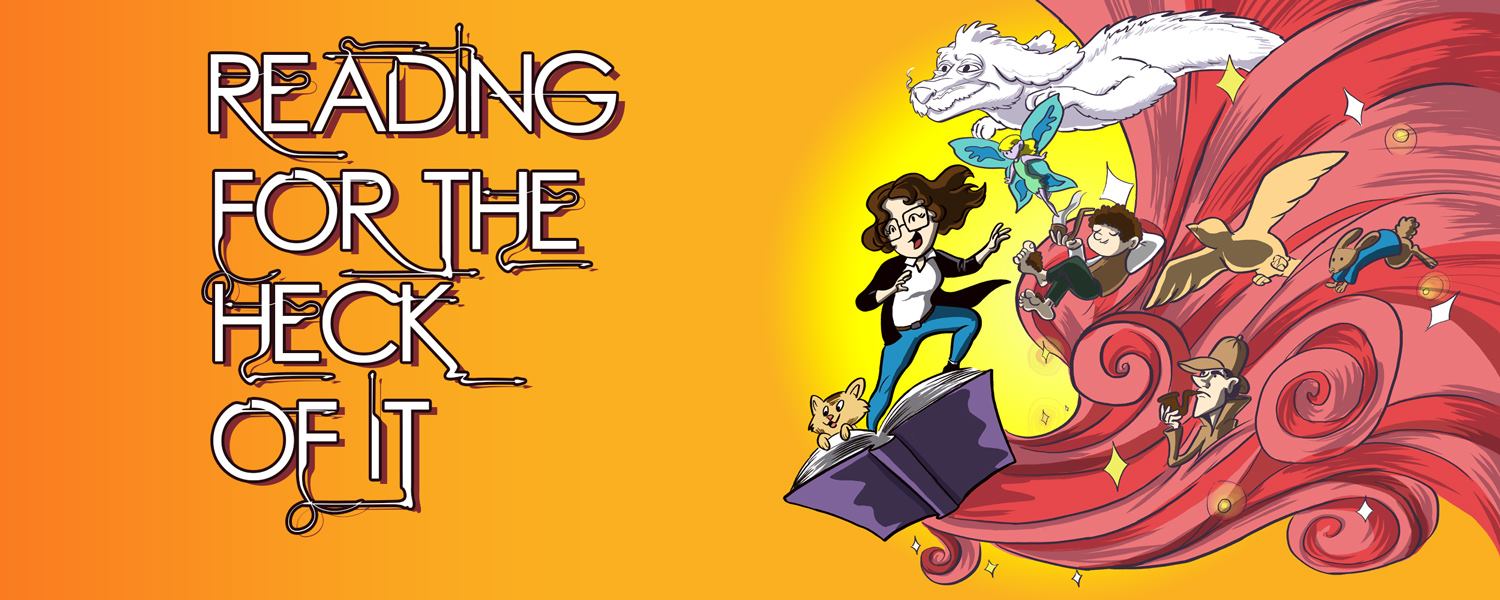Well, when he titled it My Brief History, Stephen Hawking wasn't kidding. It was very brief. It's difficult to review because I felt like it only skimmed the surface of his life. It started with his childhood and made its way up to the present and all of his scientific and personal victories in between. The illustrations were the icing on the cake (I'm a sucker for family photographs by the way) and lent a personal touch to an otherwise very straightforward autobiography. Hawking's writings are witty and self-deprecating and this was no different. However, I would have preferred that it wasn't written a little more personally. At times, it felt like he would get caught up in science excitement only to remember that he was supposed to be writing about himself. (Not that I don't like science excitement, guys.) I liked it but it didn't hold a candle to A Brief History in Time (which is currently residing on my desk at work 3/4 finished) in my opinion.
If you've seen the movie I, Robot or read the book Robopocalypse then you're familiar with the concept of a world where Artificial Intelligence takes over and the human race is doomed. The difference between those two stories and the book that I'm reading is that Our Final Invention: Artificial Intelligence and the End of the Human Era is a work of nonfiction. That's right: NONFICTION. James Barrat explores what will most likely happen once we've developed a self-aware AI that hones survival skills to outmatch those of the human race. Why wouldn't it do anything in its powers to survive? Would it stop to mourn human lives that it had to snuff out to reach its goals? Can machines even feel? I'm suddenly reminded of Bicentennial Man with Robin Williams and AI with Haley Joel Osment. Both of those movies simultaneously fascinated and horrified me. We created a life that so closely mirrored our own and yet they were vastly superior to us. We tried to keep them subservient while also imbuing them with human emotions. It was miserable on both sides and ultimately had unfortunate consequences. The thought that this could (and quite possibly already is) happen is frightening indeed.

No comments:
Post a Comment